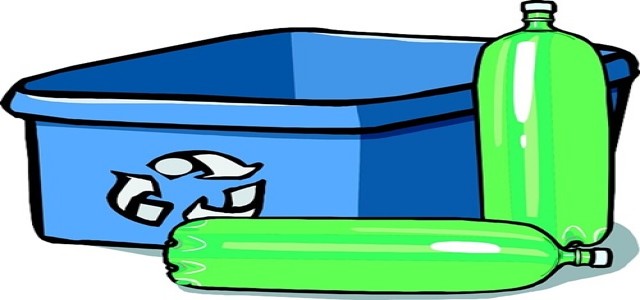
SKC, a leading South Korea-based chemical and film material manufacturing company, has reportedly announced a new joint venture with Daesang Corporation, a major South Korean food company, and LX International, a local trading firm, to make PBAT (polybutylene adipate terephthalate), which is a biodegradable substitute for low-density polyethylene.
Under this new joint venture, the firm plans to construct a high-capacity PBAT production plant, one that can manufacture up to 70,000 tons of high-strength PBAT on an annual basis, starting 2023. for the uninitiated, PBAT is a biodegradable random copolymer that uses nanocellulose derived from trees as a reinforcing material.
It has been reported that SKC will be investing over 104 billion ($87 million) to hold a 57.8% stake in the joint venture. Meanwhile, Daesang Corp. will invest 40 billion ($33.6 million) to secure itself a 22.2% share, and LX International will invest 36 billion ($30 million) to own the remaining 20%.
SKC will be responsible for providing the technology, operational know-how, as well as R&D capabilities for the joint venture, which is being tentatively called Ecovance. On the other hand, Daesang Corp. will be responsible for supplying butanediol as a biomass-based raw material, and LX International will be in charge of sales.
An official from SKC has stated that the company wants to strengthen its eco-friendly biodegradable material business while also advancing its pyrolysis oil business, through which waste plastics can be converted into resources that can solve the world’s plastic issues.
Back in 2020, SKC had teamed up with the Korea Research Institute of Chemical Technology (KRICT) as part of a state project that intended to commercialize high-strength biodegradable bioplastics that can replace refractory plastic materials through the addition of nanocellulose reinforcement derived from wood pulp to normal PBAT.
This high-strength PBAT can effectively overcome the weakness of stretching or tearing through a tensile strength that is on par with petroleum-based plastics.
Moreover, in September of 2021, SKC had also forged a joint venture with a Japanese startup, TBM, to establish a JV for the production of biodegradable LIMEX, a limestone-based material that can be used as an eco-friendly alternative to plastic or paper.
SKC had successfully commercialized PLA film packaging In 2009 to be used in tableware and food packaging containers.
Source credit: https://www.ajudaily.com/view/20211123161635522




